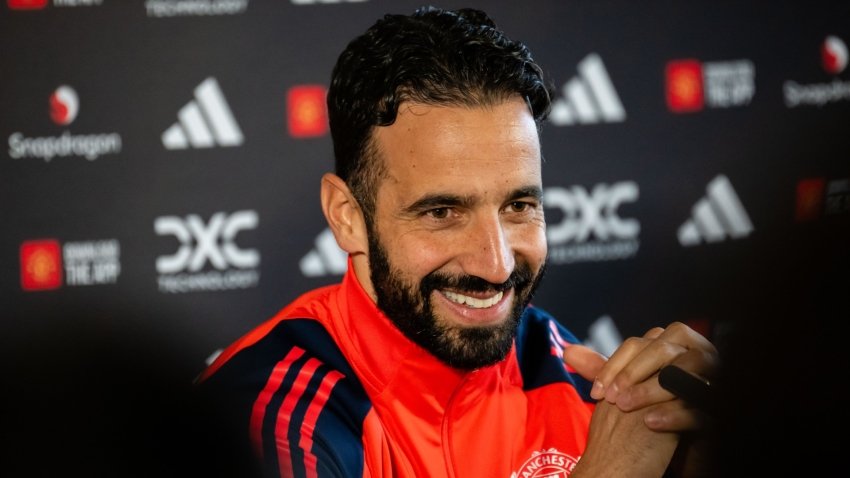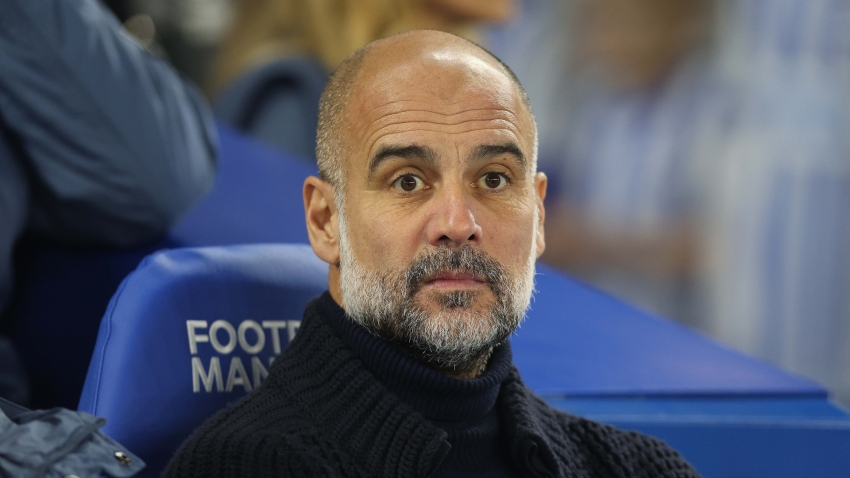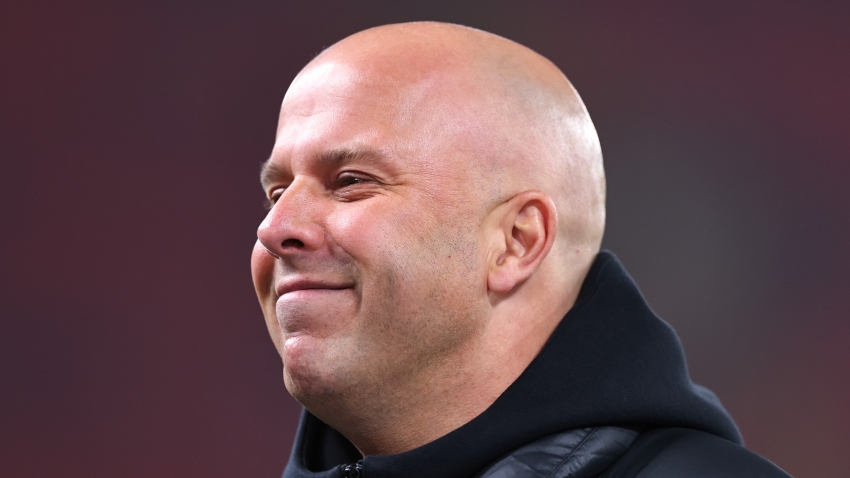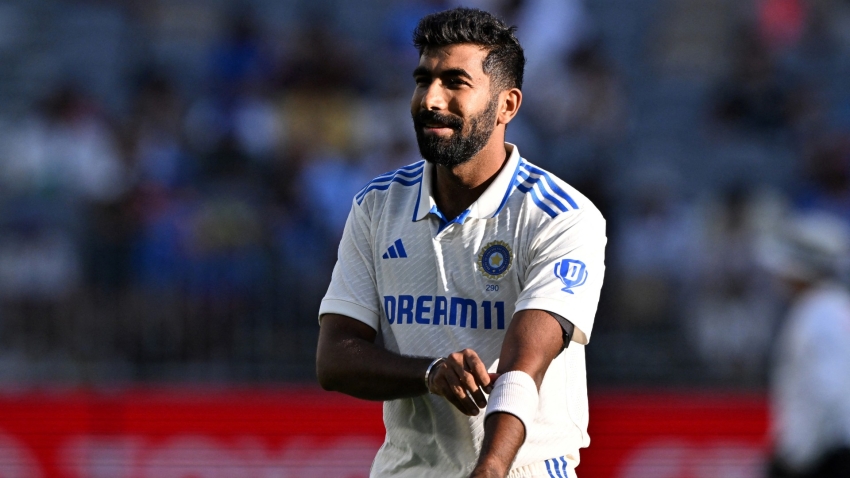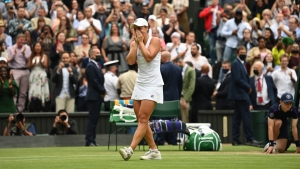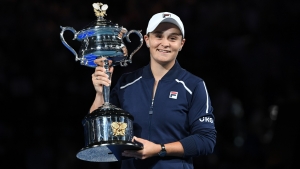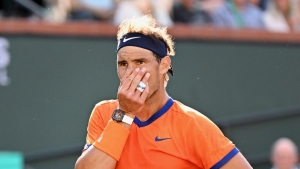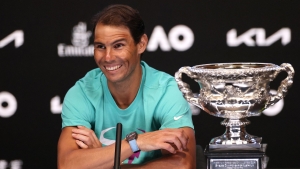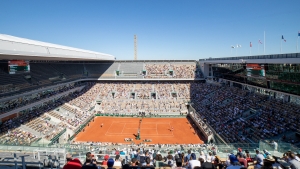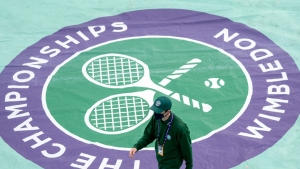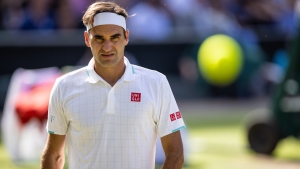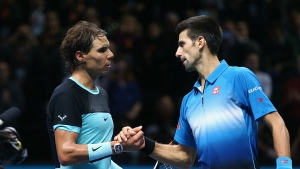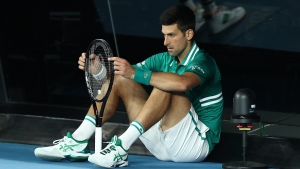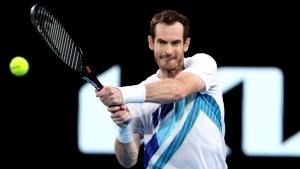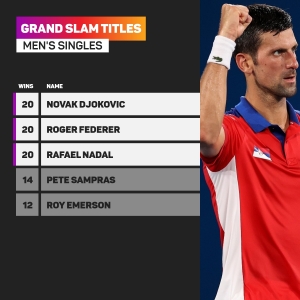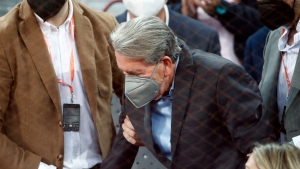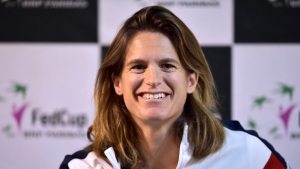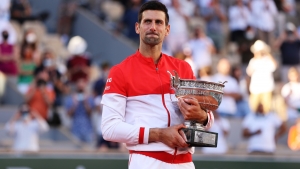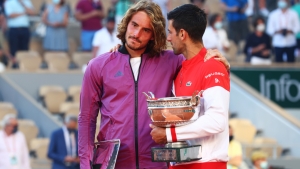Novak Djokovic is chasing more records following his history-making triumph after the world number one's French Open crown brought him closer to rivals Rafael Nadal and Roger Federer in the race for tennis supremacy.
Djokovic became the first man in the Open Era to claim two or more titles at each of the four grand slams thanks to Sunday's stunning 6-7 (6-8) 2-6 6-3 6-2 6-4 victory over Stefanos Tsitsipas.
Serbian star Djokovic was two sets down on Court Philippe Chatrier, where he also became the first player in the Open Era to win a slam from two sets behind for his 19th major crown.
"I am thrilled and I'm very proud of this achievement," Djokovic – who upstaged clay specialist and defending champion Nadal in the semi-finals – told reporters afterwards. "I think part of the history of the sport that I love with all my heart is always something that is very inspiring and very fulfilling for me.
"I couldn't be happier and more satisfied with this kind of scenario in the last 48 hours. Probably ranks at the top three all-time achievements and experiences that I had in my professional tennis career. Going through a four-and-a-half battle with Rafa on his court, then bouncing back after not practicing yesterday, just coming in today with as much as recharged batteries and energy regained to fight another battle of four-and-a-half hours against Tsitsipas, who is playing in his first grand slam finals.
"It's always, of course, a bit tricky because you're playing for your trophy, for your first grand slam trophy, but you don't have much to lose. So I knew that he's going to probably start off very well, which was the case. It was a very close first set. Kind of gone a different way, but he was just the better player in those clutch moments. Second set I dropped physically and mentally I think a little bit. I just got fatigued a bit, just allowed him to kind of dominate the second set pretty much.
"Then went out from the court, as was the case against [Lorenzo] Musetti in the fourth round when I was two sets down, and came back as a different player. Just refreshed, managed to make a break, early break in the third. After that, I felt like I got into his head. I feel like I started swinging through the ball better. The momentum was on my side, it shifted. There was no looking back from that moment."
Djokovic is now just one trophy shy of equalling the record for most grand slam singles titles on the men's tour, currently shared by Nadal and Federer.
The 34-year-old insisted he will continue to chase records, with the ageing Nadal and Federer firmly in his sight.
"I never thought it was a mission impossible to reach the grand slams of these guys," Djokovic said. "I'm not there, but it's one less. But they are still playing. Obviously, they're playing great, especially Rafa with his level. We all have still opportunities at Wimbledon, all the other slams.
"You have four slams a year, so we're all competing for this amazing achievement and amazing trophies. I'll keep on going. I'll keep on chasing. At the same time, I'll keep on paving my own path, which is my own authentic path. We all three of us have our own journeys, and that's it."
Among those records is the golden grand slam – winning all four calendar majors as well as gold at the Olympic Games – with Wimbledon, the rescheduled Tokyo Games and US Open still to come in 2021 following his Australian Open success.
"Everything is possible. Definitely in my case I can say that what I've been through in my career, in my life, this journey has been terrific so far," added Djokovic. "I've achieved some things that a lot of people thought it would be not possible for me to achieve. Everything is possible, and I did put myself in a good position to go for the golden slam.
"But, I was in this position in 2016 as well. It ended up in a third-round loss in Wimbledon. This year we have only two weeks between the first round of Wimbledon and the finals here, which is not ideal because you go from really two completely different surfaces, trying to make that transition as smooth as possible, as quickly and efficiently as possible. So obviously I will enjoy this win and then think about Wimbledon in a few days' time.
"I don't have an issue to say that I'm going for the title in Wimbledon. Of course, I am. I was really happy to know that we are going to play Wimbledon this year, considering we haven't played it last year. I've had great success in the last couple of Wimbledon seasons that were played. I won in '18 and '19 there. Hopefully, I can keep that run going. I like the grass. Over the years I think I improved on grass, I adjusted my game. Hopefully, I can use this confidence that I have right now into Wimbledon, as well. Then let's take it from there."









